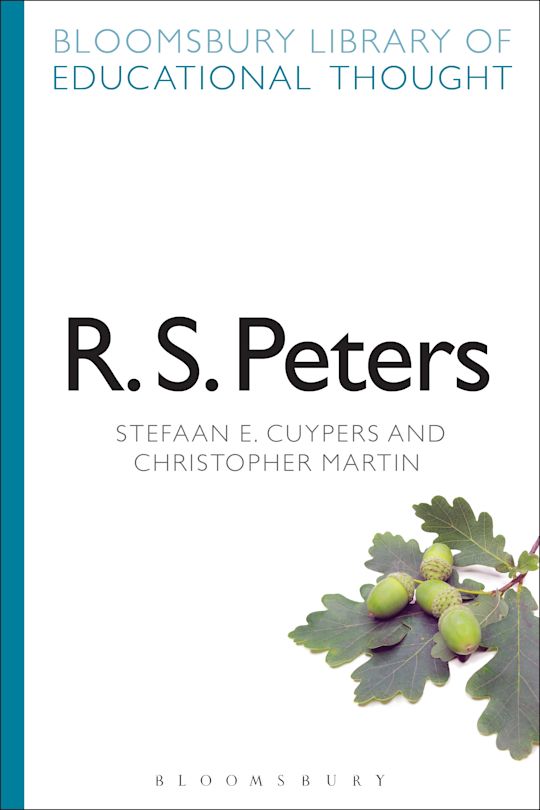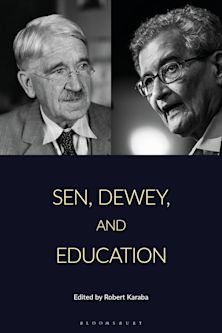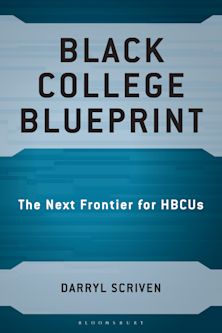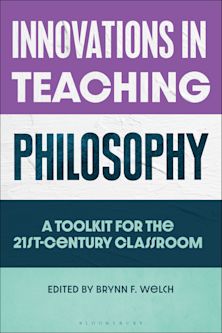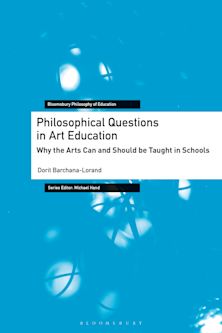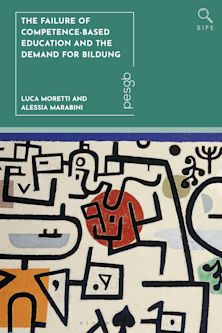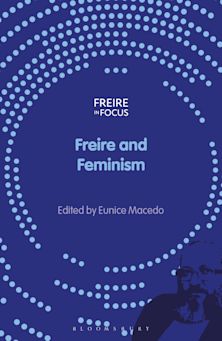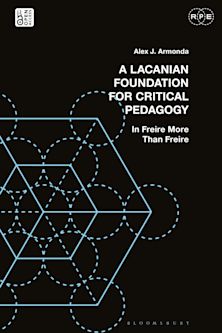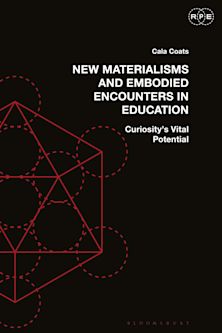R. S. Peters
Description
What does it mean to say that someone is an educated person? How do we know what's worth including in a school curriculum? Is a good moral education about developing good habits, or critical thinking? What role does the development of knowledge and understanding play in living a good life? These are all questions that were robustly taken up by the philosopher of education, R.S. Peters. In an era of immense reform (and confusion) about the values, aims and purposes of education, Peters developed a clear and nuanced account of what education is really about and how educational policy and practice can make good on its promise.
This text undertakes a careful and accessible reconstruction of the major themes of Peters' thought in order to demonstrate the continuing relevance of his project, both for educational researchers and teachers and student teachers seeking to better understand the nature and scope of their work and study.
Table of Contents
Foreword
Acknowledgements
Part I: Intellectual Biography of R.S. Peters
1. Peters' Analytic Paradigm in the Philosophy of Education
Part II: Critical Exposition of R.S. Peters' Educational Thought
2. The Concept of Education, Aims, and Educational Processes
3. Initiation and the Educated Person
4. The Ethical Justification of Education
5. Liberal Education, the Quality of Life, and Teacher Training
6. Comprehensive Moral Education and Personal Autonomy
7. Educating the Emotions and the Life of Reason
Part III: Reception and Relevance of R.S. Peters' Work
8. The Impact and Importance of Peters' Analytic Paradigm
Notes
Bibliography
Index
Product details

| Published | 23 Oct 2014 |
|---|---|
| Format | Ebook (Epub & Mobi) |
| Edition | 1st |
| Extent | 208 |
| ISBN | 9781441102324 |
| Imprint | Bloomsbury Academic |
| Series | Continuum Library of Educational Thought |
| Publisher | Bloomsbury Publishing |
Reviews

ONLINE RESOURCES
Bloomsbury Collections
This book is available on Bloomsbury Collections where your library has access.









